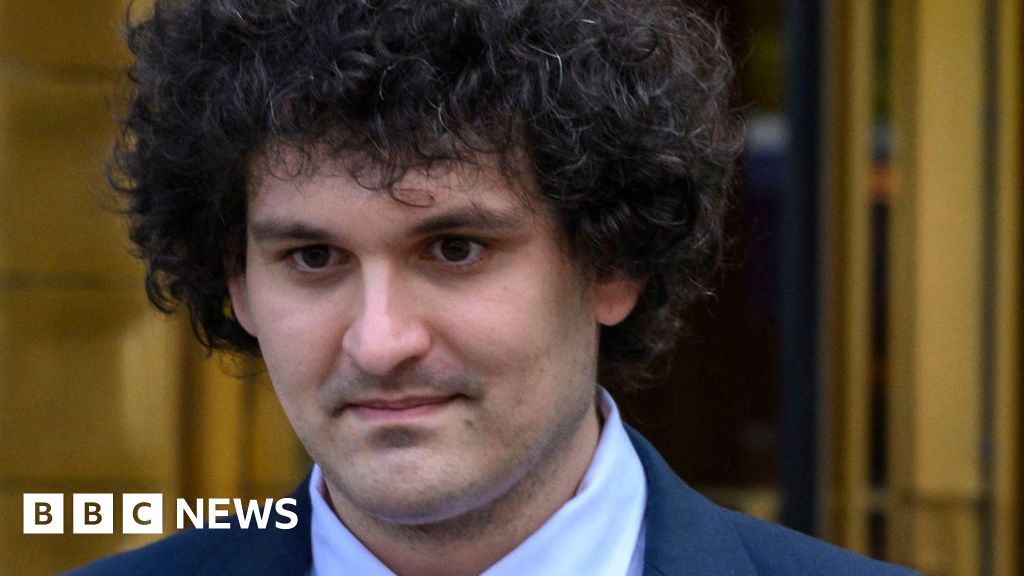5 Minute Read by (Repeats with no changes) (Reuters) – WASHINGTON, July 1 (Reuters) – In its long-awaited initial public offering filing, Robinhood Markets Inc, the online brokerage at the core of this year’s retail trading frenzy, cited previously unknown regulatory risks. Some potential investors may be put off by Robinhood’s expanding regulatory attention, which comes amid an increasingly unfriendly climate in Democrat-led Washington. Aside from fines, government investigations could result in business limits, higher compliance controls, product and service changes, and brand damage, according to Robinhood. Even before it generated outrage by halting trading in some shares during the height of the “meme stock” crisis in January, the business, which has 18 million customers, has received regulatory penalties for system breakdowns and deceptive disclosures. That incident generated a flurry of investigations and increased scrutiny of Robinhood’s business strategy. To date, the startup has paid more than $136 million to settle regulatory accusations, including a $70 million penalty announced on Wednesday by the Financial Industry Regulatory Authority (FINRA). While the fines are minor by Wall Street standards, Robinhood’s legal costs are rapidly increasing, climbing from $1.4 million in 2019 to $105 million in 2018, according to the papers. Here are some of the regulatory concerns that Robinhood raised in conjunction with its initial public offering. PROBE OF ‘MEME STOCK’ SRobinhood said that as part of investigations regarding trading limits the brokerage implemented during January’s meme-stock volatility, regulators had issued subpoenas or sought testimony and information from the company and CEO Vladimir Tenev. The United States Attorney’s Office for the Northern District of California, the Securities and Exchange Commission (SEC), FINRA, the Attorney General’s Office of New York, various state attorneys general, Congress, and certain state securities regulators were among the regulators. The most shocking revelation, according to Robinhood, was that investigators also took the unprecedented step of taking Tenev’s cell phone. LEGAL RISKS AND OTHER INVESTIGATIONS Robinhood also revealed a previously unknown investigation by New York’s Department of Financial Services (DYFS) into anti-money laundering and cybersecurity issues, which the business plans to resolve for roughly $15 million. In April, the California Attorney General’s Office issued a subpoena for documents and information related to Robinhood’s trading platform, business, and operations, as well as the platform’s application of California’s commodities regulations. The corporation stated that it is cooperating with the investigation. In December, the Massachusetts Securities Division (MSD) filed a lawsuit against Robinhood, citing unethical and dishonest conduct, as well as failing to act in line with its fiduciary duties and other failures. The litigation is being fought by Robinhood. The New York Department of Financial Services, the attorneys general of New York and California, and FINRA all declined to comment. A request for comment from the SEC and the MSD was not immediately returned. More than 50 private lawsuits have been filed against the business in connection with the trading limitations imposed in January and other issues. NEW RULES AND REGULATIONS Policymakers are reviewing practices central to Robinhood’s business model, most notably payment-for-order-flow (PFOF), in which brokers channel retail orders to wholesale brokers in exchange for payment, as a result of the meme stock debacle. According to Robinhood, PFOF and other transaction rebates accounted for 75% of its $959 million in 2020 income. PFOF presents conflict of interest and competition concerns, according to SEC head Gary Gensler, who has instructed staff to consider additional guidelines. In addition, the agency is looking into “gamification,” or the use of game-like features to encourage trading, as well as other liquidity and risk management guidelines. According to Robinhood, new regulations in these locations may need “major adjustments to our business model.” Because its competitors aren’t as reliant on PFOF, Robinhood believes that tighter regulation of the practice “may have an outsized influence on our outcomes.” (Cynthia Osterman edited the piece.)/n
Read MoreRPT-EXPLAINER-The regulatory and legal headwinds facing Robinhood
2021-07-02T10:02:37-04:00July 2nd, 2021|





